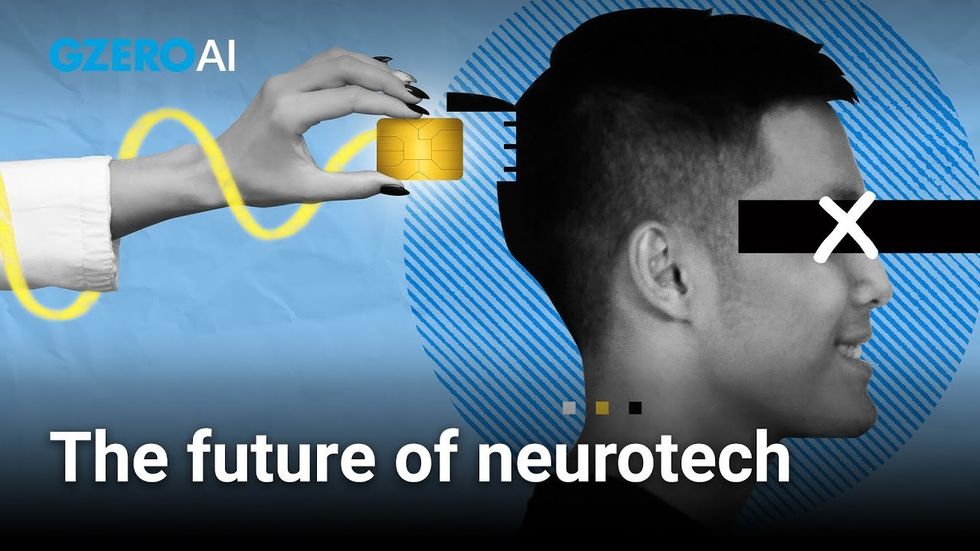So earlier this year Elon Musk's other company, Neuralink, successfully implanted a brain implant into the brain of a 29-year-old quadriplegic man named Noland Arbaugh. Last week, the story gained attention when Neuralink announced that part of the implant had malfunctioned. But I think this news cycle and all the hyperbole surrounding it misses the bigger picture.
Allow me to explain. So first of all, this Neuralink technology is really remarkable. This allowed Urbaugh to play chess with his mind, which he demonstrated in his demo. But the potential beyond that is really fast. It's very early days for this technology, but there are signs that it could allow us to erase painful memories, restore lost bodily functions, and even allow us to communicate with each other telepathically. Is.
Second, this brain implant neurotechnology is part of a broader range of neurotech. Another type is not implanted in your body, but instead sits on or near your body, and picks up your brain's electrical signals. These devices, being developed by Meta and Apple, among many others, are more akin to health tracking devices, except that they open access to our thoughts.
The third point here is that this technology is an example of an AI-adjacent technology that is being turbocharged by recent advances in AI. One of the challenges of neurotech is how to make sense of all this data coming from our brains. And this is where AI becomes really powerful. We now have the power to rapidly transmit these data from our minds, meaning. The result is that technologies and the corporations that develop them have access to the most private data we have, the data about what we think. Which of course brings up the biggest point here, is that we are on the verge of having access to our brain data and the potential for it to be misused is vast. And it is already happening.
Governments are already using neurotech to try and read the minds of their citizens, and corporations are working on ways to advertise to potential customers in their dreams. And finally, I think it shows very clearly that we need to think about regulation and acceleration. Neeta Farahani, who recently wrote a book about the future of neurotechnology called “The Battle for Your Brain: Defending the Right to Free Thought in the Age of Neurotechnology,” thinks I We have a year to figure out the rule of this technology. . A year, it goes by so fast. While many in the AI debate are debating and discussing the existential dangers of AI, we would like to give some attention to the technologies that are adjacent to and empowered by AI, as they potentially present a more immediate challenge. can
I'm Taylor Owen, and thanks for watching.
